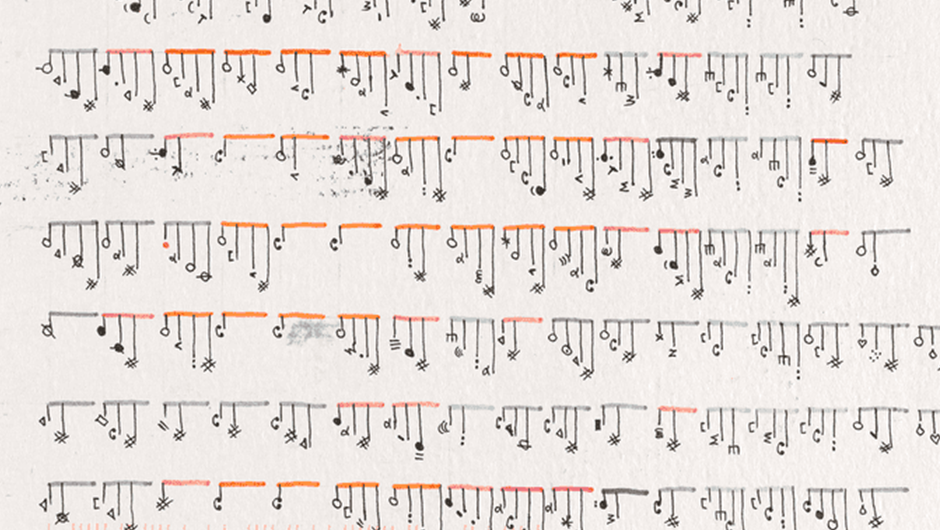
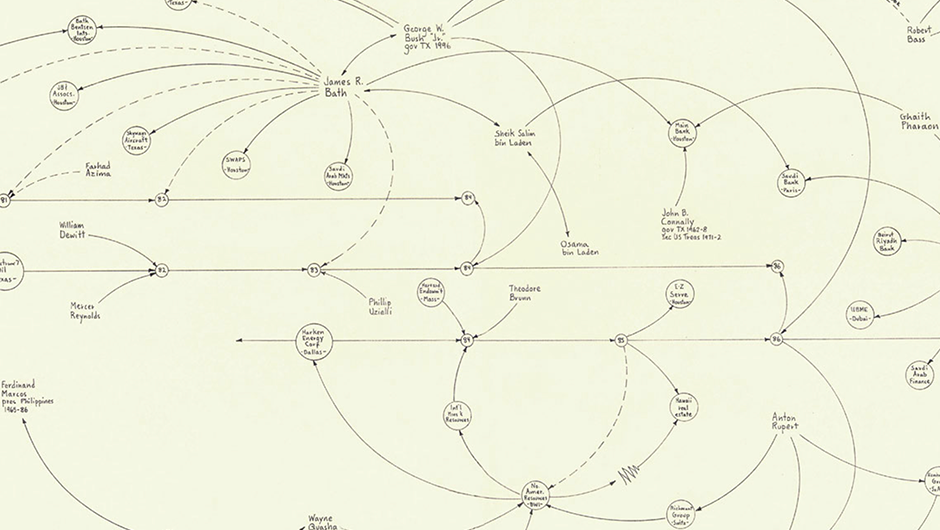
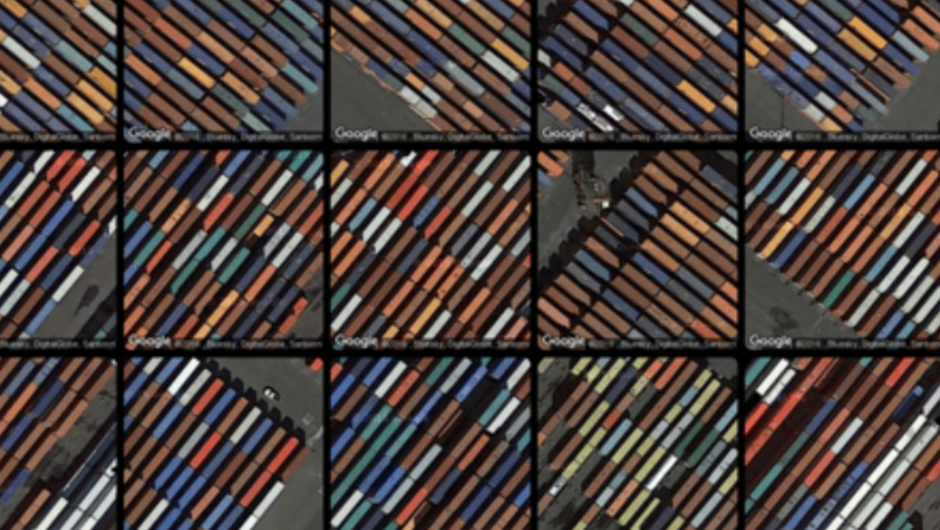
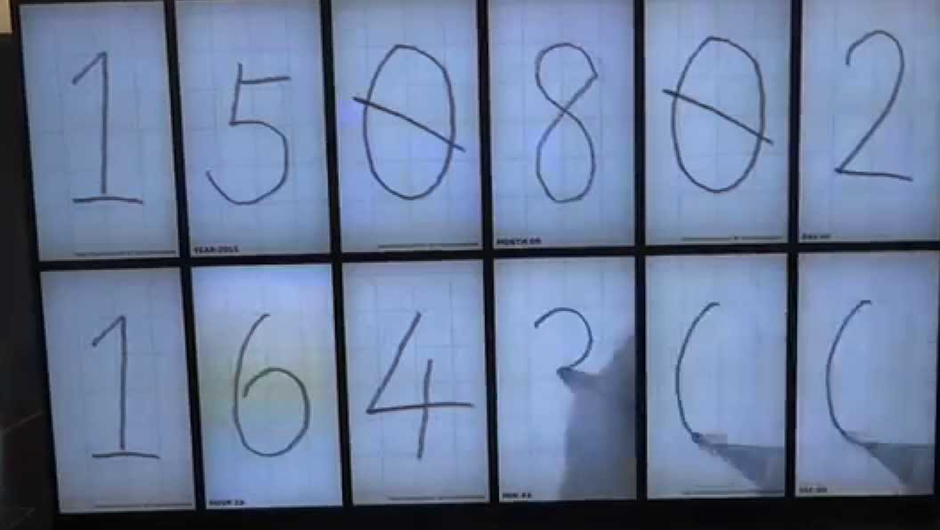
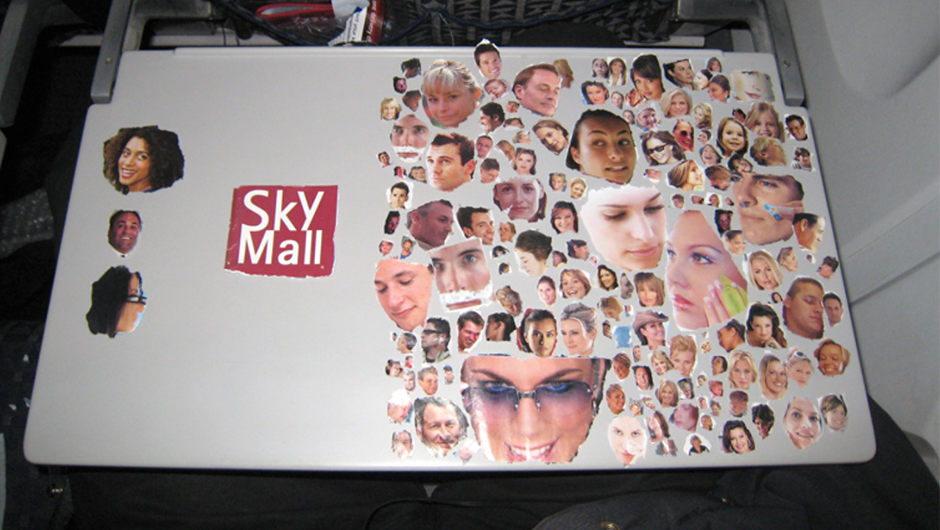

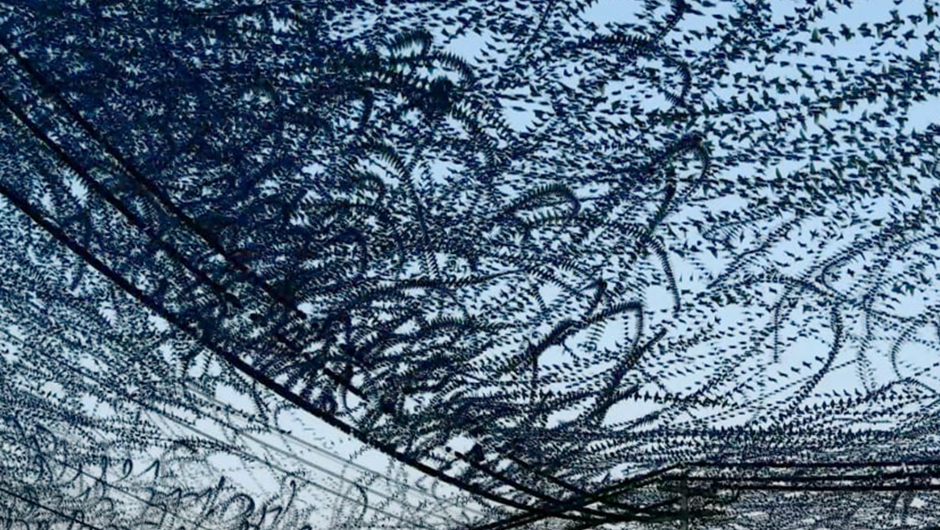


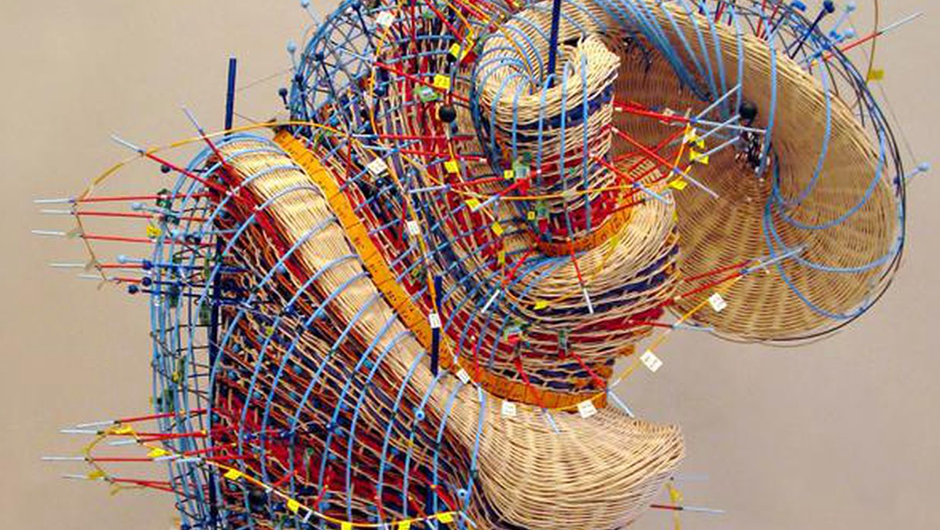
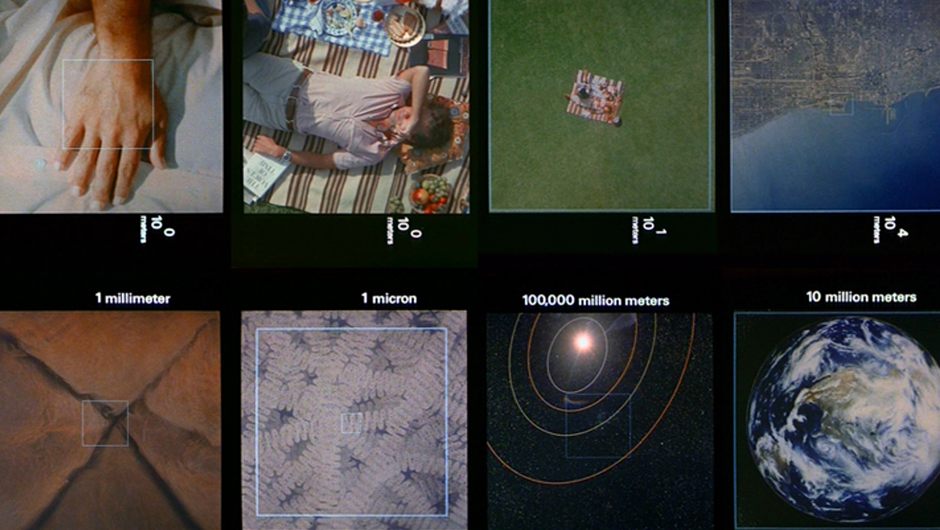











to sign up for this class, please fill out this form prior to 2/16
Data visualization is the craft of displaying data graphically in order to help visualize trends or patterns. There’s a clear practical side to this: the world is awash in information and data visualization as a practice can offer insight and new perspectives. We need charts, graphs and new forms of data driven visuals to help make sense of and to help disambiguate trends in our world. There is also an artistic side to data visualization practice — by turning data into artworks we can ask questions and start conversations about what the world is and what it could be. Data art exposes the empathetic, poetic side of data. Data art practice should also investigate data visualization itself — what are the ethical implications of collecting data? What data is / is not being collected and why? What are the complexities of data that are distanced and simplified through this practice?
This class explores how we can use data to make art today and in the future. Key questions we will consider include:
This class will be divided into 4 sections — each section will consist of a broad overview, technical implementations, readings, lectures and an assignment due at the end of the section. The first section will focus on representations of time. The second section will focus on visualizations of space. The third section will focus on the body. The final section will focus on the ethics and bias in the field of data visualization. We will have guest artists appear throughout the semester.
Readings will be assigned weekly from various sources, along with several guest lectures from practitioners. Students should be prepared to hold in class discussion.
Grading will be derived from the following formula
40% attendance / in class work 60% homework assignments (15% each)
There are no prerequisites but please note this class will involve some coding (in a variety of tools like Processing / p5.js / openFrameworks / Python) so some familiarity or comfort with coding will be helpful. Introductory workshops will be provided if necessary . Homework can be completed in any tools students feel comfortable in.
This class will have 2 hour synchronous sessions weekly (which will be recorded), as well as various asynchronous videos explaining technical concepts. We will use:
Please note we will have an inclusive zoom policy - we realize that students may not have a quiet space or not always be able to be on video, be dressed professionally, or be sitting at a desk. Zoom shouldn't be stressful, we will work together to make these virutal spaces welcoming.
Also please let us know if there are any accessability concerns.